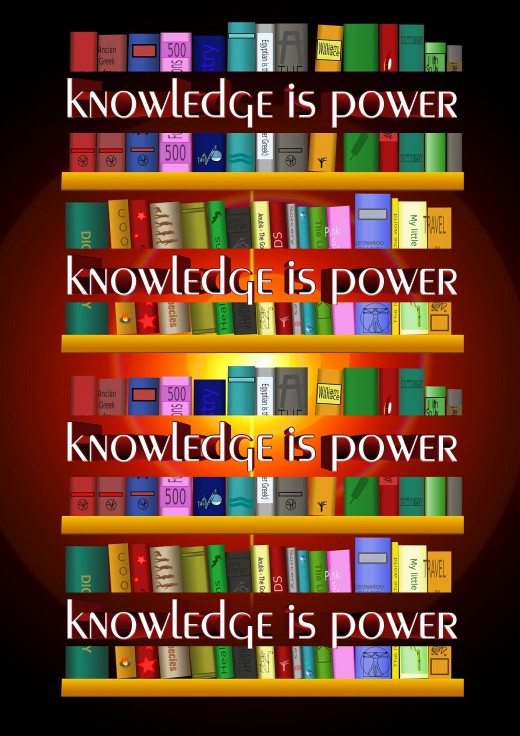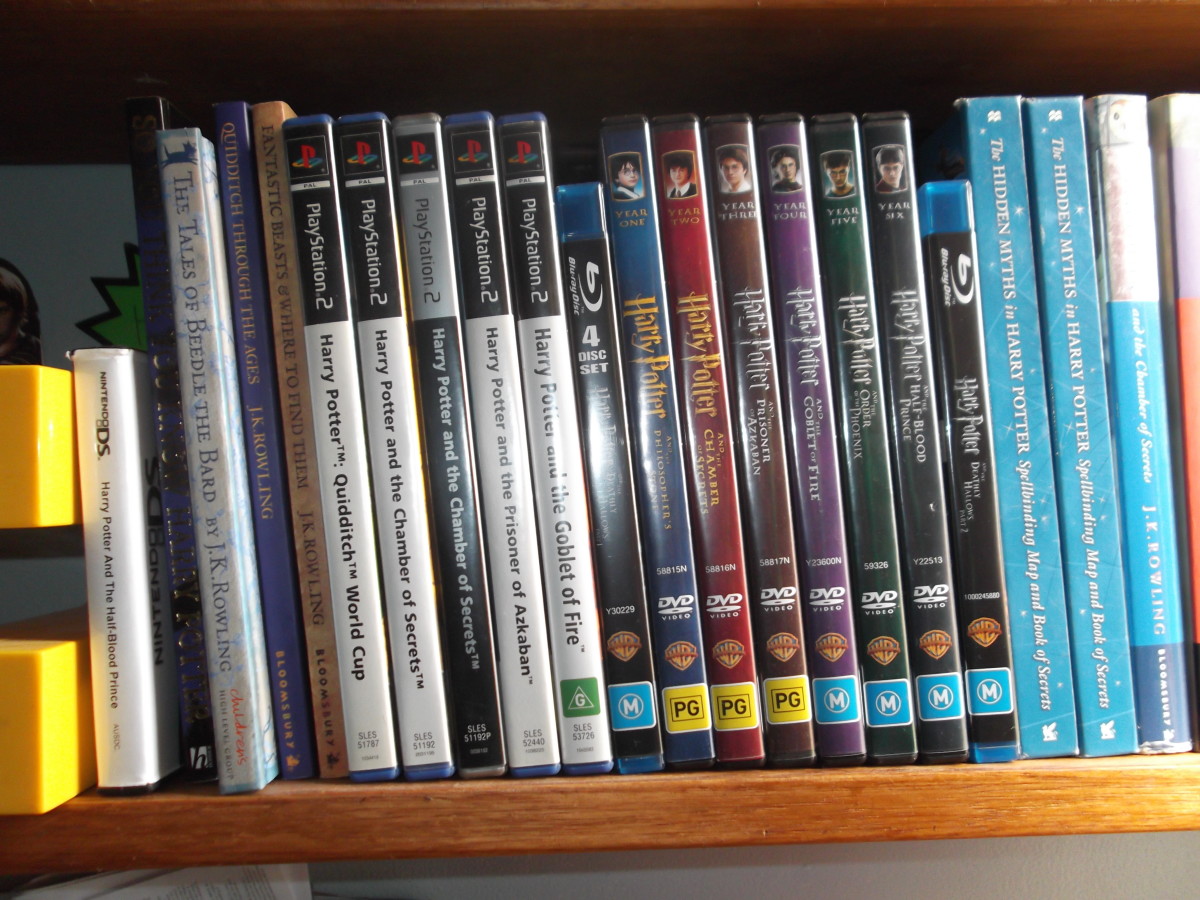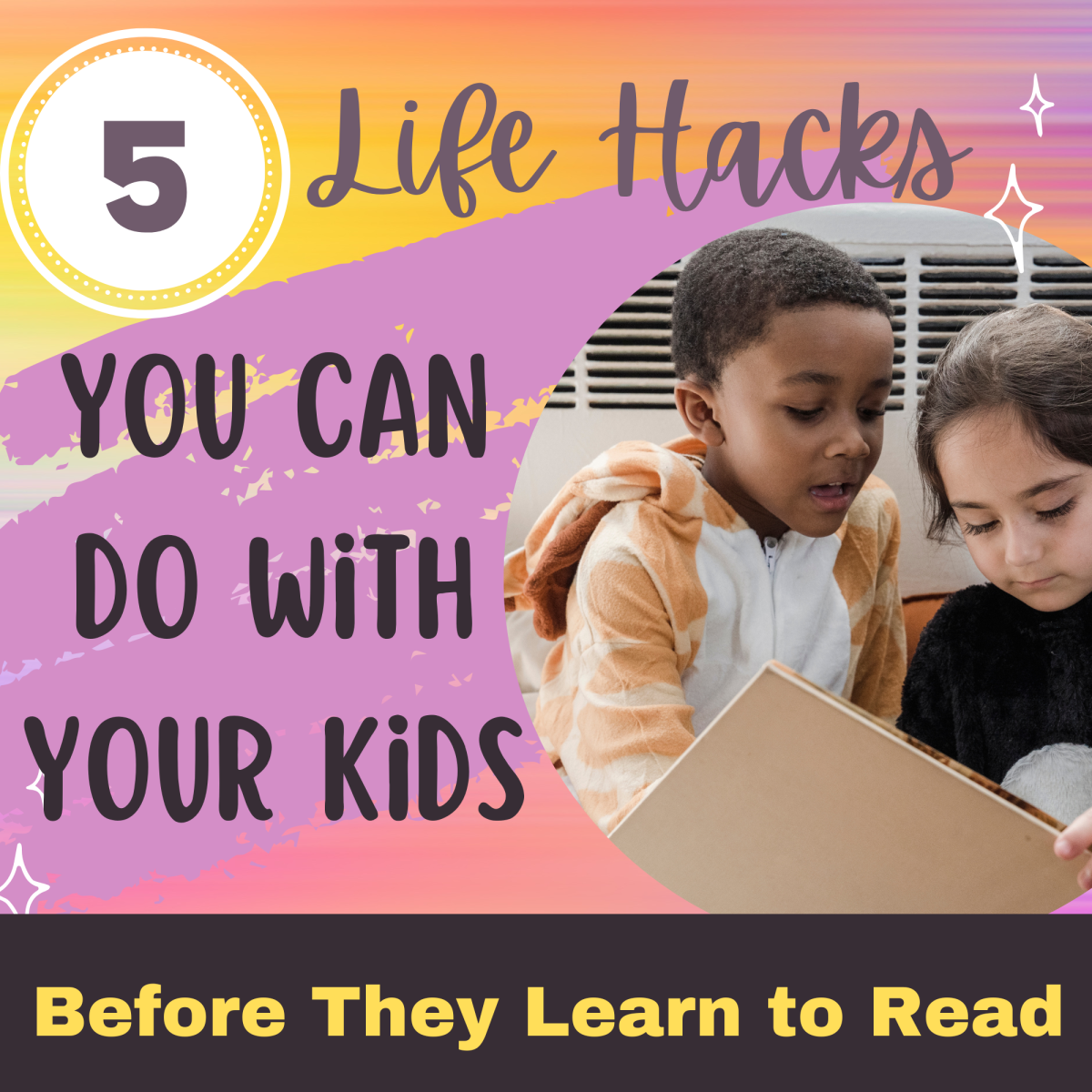How to Learn to Love Reading

Read Daily
Learn to love reading, on a daily basis. Find reading materials that interest you or read to enhance a hobby you may have. There are tons of genres to choose from such as science fiction, love stories and poetry just to name a few. The list goes on with "how to books" that show how to knit, wood work and other craft ideas.
Loving to read is not a character we were born with, it is acquired. Reading a variety of books, magazines and news papers can help to enhance learning to love reading. Before you know it, you'll be looking for books to read. Web sites are a great place to start if you do not have books or news papers.
Do not force yourself to read. After you've read several fun and exciting reading materials, you will see how much you'll feel at peace when you're reading. As time go on, you'll look forward to the special time you have set aside for your reading time.
Set goals for yourself, such as reading the entire bible in a year! Subscribe to magazines and new papers. Create a blog and visit your fellow members and comment on their writings. There are many things you can do to enhance your interest in reading and wanting to read daily. Don't turn reading into a task, you'll quickly become bored.
Take advantage of reading! There are some individuals who may not be as fortunate as you are. Take time with them, teaching them to read simple things, like the labels on can goods. You'd be surprised at the number of people who can not read a simple label and completely understand what they've read.
It's not all about just reading but comprehending what one has read. Help a friend give thought to what they've read to make sure it is understood. Ask questions, as though you would your child, At some point, you'll be thanked for the effort you've put into that persons life.

"Reading is to the mind what exercise is to the body"
— Sir Richard SteelRead To Your Children
Start reading to your children at infancy, they'll look forward to hearing you read to them every day. Reading to an infant creates a special bond between parent and child. As your infant grows, they will get books on their own for you to read to them. Notice their reaction to certain books and you'll know what books to add to your child's library that they'll enjoy.
You can start with books that have pictures, song books and allow the child to touch the books to feel the texture, especially if it's a cloth book. As your child grows older, alphabet books and stories that rhyme are good choices. Children also love books with pictures of animals and they love coloring books! It doesn't take much effort to train a child to love books. Make reading part of play time.
Start them young providing a reading foundation for the future. You have to instill in them to love reading. Teaching children is a process and reading is no different. Be a role model, kids do what they see parents do. Read a book, news paper or magazine and let your toddler climb up on you while you read. Point out pictures, ask questions like, see the dog? Then make the barking sound and your child will copy you.
Even though many children don't start to read until about six, it doesn't hurt to give them an early start but don't push. Reading is so very important and it is a skill that requires development. In older life it is a necessity to survive academically and in life. The more young people are read to, the more skillful they become in reading. There is so much to gain from reading and since the internet, there's a wealth of information at their finger tips.

Do You Love Reading?
There Was A Time When Reading Wasn't Allowed
There was a time when reading wasn't allowed but not for everyone, just slaves. When Africans were brought to America and sold as slaves, they were not permitted to learn how to read. If they were caught with a book in their hands, the hands were cut off. If not that, they were beaten unmerciful. If anyone was caught teaching a slave to read, the unthinkable would happen. Through all of the harshness, still many slaves learned to read and write.
Colonist who owned slaves feared if the slaves learned to read, this would cause a serious threat to the slave system. Slaves were to rely on their masters and the colonies made laws that forbid slaves to read and write and it was a crime to teach a slave to become literate.
This is a quote from the South Carolina Act of 1740:
"Whereas, the having slaves taught to write, or suffering them to be employed in writing, may be attended with great inconveniences; Be it enacted, that all and every person and persons whatsoever, who shall hereafter teach or cause any slave or slaves to be taught to write, or shall use or employ any slave as a scribe, in any manner of writing whatsoever, hereafter taught to write, every such person or persons shall, for every such offense, forfeit the sum of one hundred pounds, current money."
This is a quote from the Virginia Revised Code of 1819
"That all meetings or assemblages of slaves, or free negroes or mulattoes mixing and associating with such slaves at any meeting-house or houses, &c., in the night; or at any SCHOOL OR SCHOOLS for teaching them READING OR WRITING, either in the day or night, under whatsoever pretext, shall be deemed and considered an UNLAWFUL ASSEMBLY; and any justice of a county, &c., wherein such assemblage shall be, either from his own knowledge or the information of others, of such unlawful assemblage, &c., may issue his warrant, directed to any sworn officer or officers, authorizing him or them to enter the house or houses where such unlawful assemblages, &c., may be, for the purpose of apprehending or dispersing such slaves, and to inflict corporal punishment on the offender or offenders, at the discretion of any justice of the peace, not exceeding twenty lashes."
What you have just read are original documents that can be found at: http://www.pbs.org/wnet/slavery/experience/education/docs1.html








